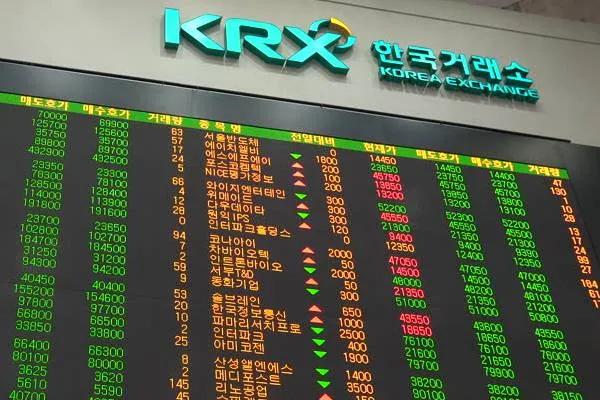Asian markets open mixed after Wall Street losses
Stockholm, December 18 (Hibya) - Asia-Pacific markets opened mixed on Wednesday following losses on Wall Street, with the Dow Jones Industrial Average dropping for the ninth consecutive day.
Investors in Asia assessed trade data from Japan ahead of the Bank of Japan’s interest rate decision this week.
The country’s exports grew by 3.8% year-on-year in November, surpassing economists' expectations of a 2.8% increase. Meanwhile, imports fell by 3.8%, well below the 1% growth forecast.
The figures show Japan’s trade balance at a deficit of 117.6 billion yen ($765.2 million), higher than the expected deficit of 688.9 billion yen.
Japan’s Nikkei 225 index began trading with a 0.2% drop, while the broader Topix index rose by 0.2%.
South Korea’s Kospi rose by 0.9%, while the smaller Kosdaq dropped by 0.5%.
Australia’s S&P/ASX 200 was trading with a 0.2% gain.
Hong Kong’s Hang Seng index rose by 0.7% at the opening, while mainland China’s CSI 300 index was up by 0.7%.
The People’s Bank of China will decide on loan rates on Friday. The one-year LPR affects corporate loans and most household loans in China, while the five-year LPR serves as a benchmark for mortgage rates.
Markets also await the Federal Reserve’s interest rate decision in the U.S. on Wednesday. According to the rate monitoring tool, the Fed is expected to raise rates by 25 basis points.
On Tuesday’s trading, the blue-chip Dow dropped by 267.58 points, or 0.61%, closing at 43,449.90. The S&P 500 fell by 0.39% to close at 6,050.61, while the Nasdaq Composite dropped by 0.32% to close at 20,109.06.
The Dow’s losing streak began after it crossed 45,000 for the first time earlier this month, even as the broader market remained strong.
On December 6, the S&P 500 reached a new high and remains less than 1% away from that level. The Nasdaq hit a record high on Monday.
The Dow’s losses were driven by a rotation out of technology stocks, which gained value after Donald Trump’s historic election victory in November, into more traditional economy stocks.
British News Agency
















